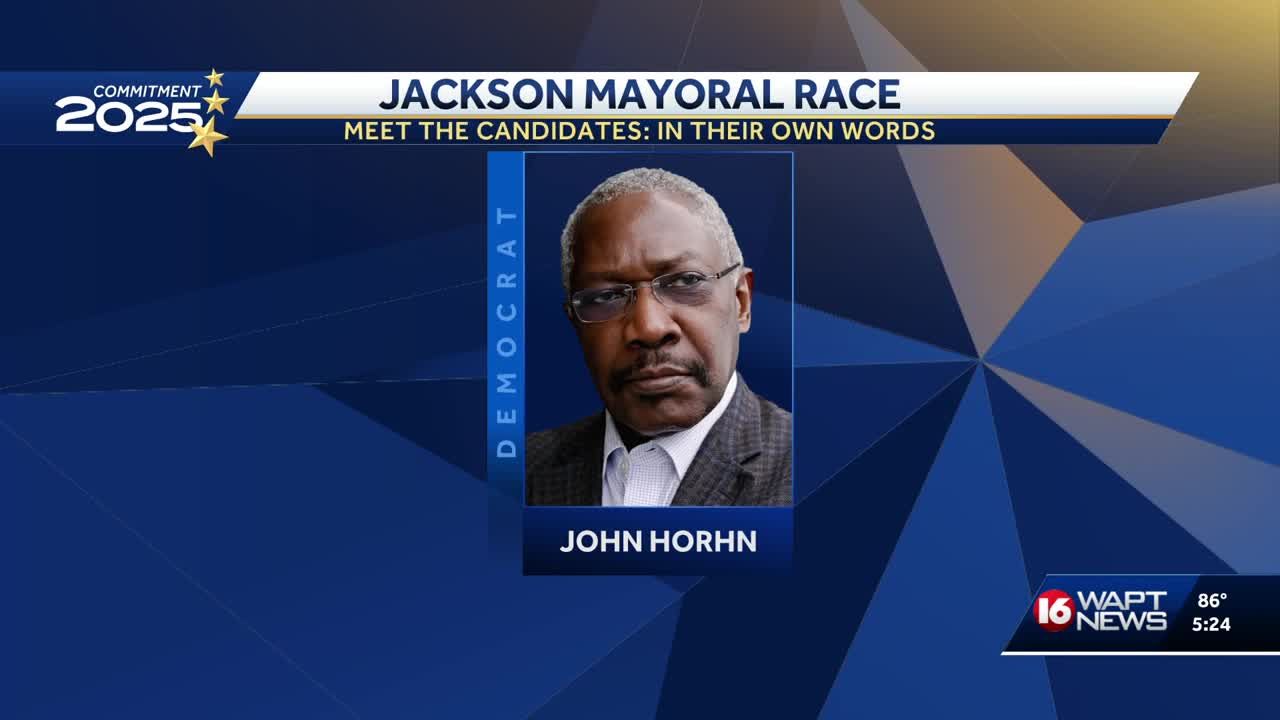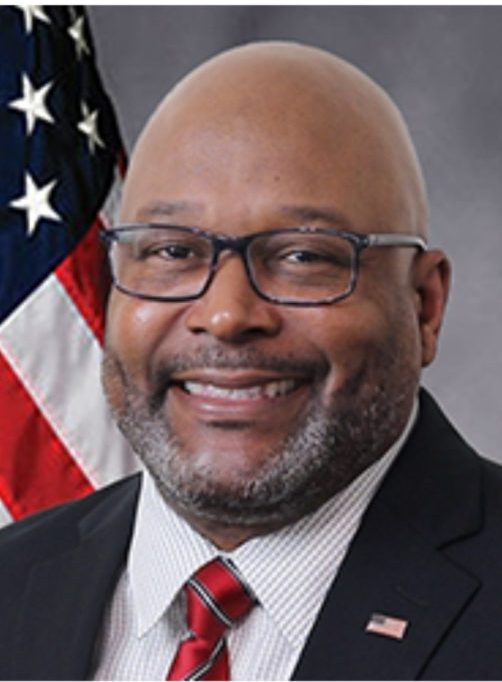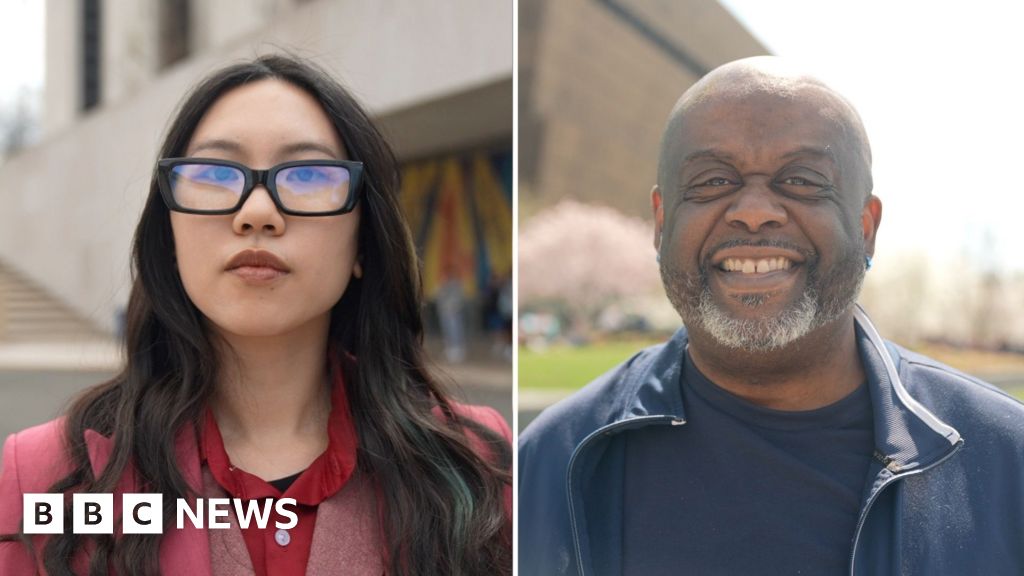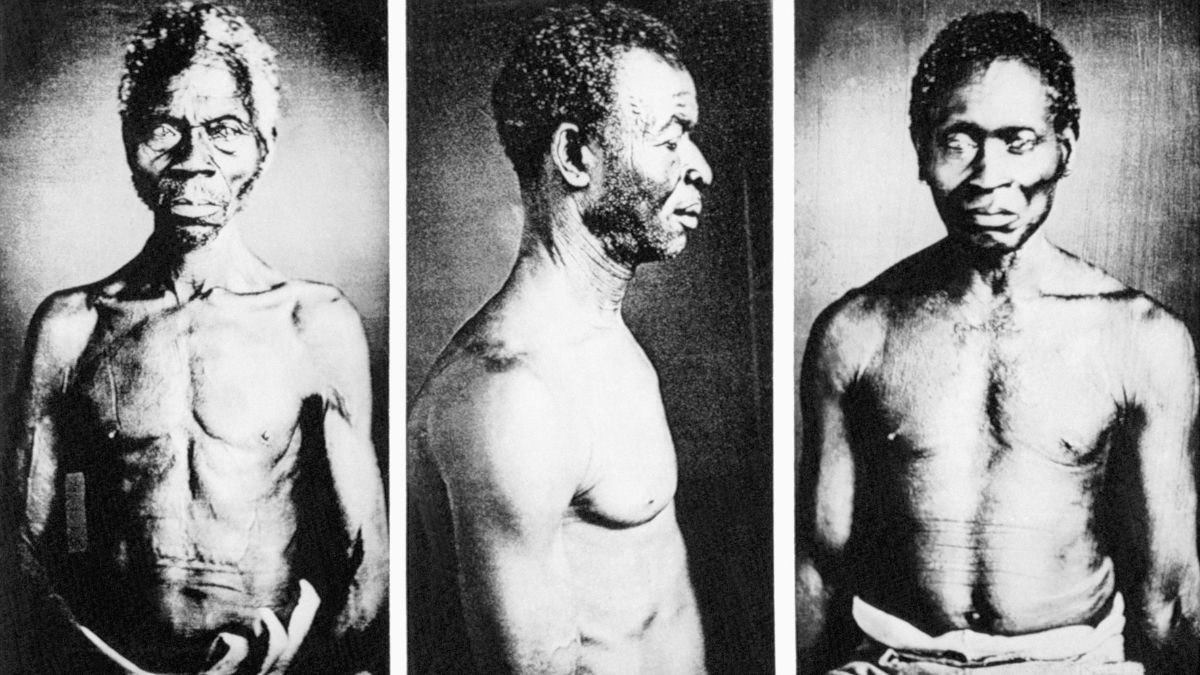- BlackVoter.Org
- Posts
- BlackVoter.Org
BlackVoter.Org


Democrats are facing an uncomfortable reality: their struggle to connect with male voters may hinge on their choice of candidates. A recent analysis reveals that support for the party among men dipped notably when a woman—like Kamala Harris—was on the presidential ticket, only to rebound when a male candidate was nominated.
The data shows that in the 2024 election, male support for Democrats dropped from 48% in 2020 to 42%. This decline is consistent with trends from previous elections, where male backing dwindled when women ran.
Cultural factors, shifting voter demographics, and the branding of the Democratic Party as “feminine” could be at play. As the party contemplates future strategies, one provocative solution looms: nominating a man for the presidency in 2028 to regain lost male support.
As we ponder equality and representation, the conversation on gender in politics is more pressing than ever.

Could Georgia soon have its first Black female governor? Keisha Lance Bottoms, the former Atlanta mayor and a prominent figure against Donald Trump, has officially announced her candidacy for governor of Georgia. In a compelling video, she reflects on her upbringing and vows to prioritize Georgians' needs, including expanding Medicaid and supporting first responders.
However, Bottoms faces a daunting challenge in an electoral landscape shaped by the controversial tactics of current governor Brian Kemp, known for voter suppression that disproportionately affects Black communities. With the political battlefield set, her success may hinge not only on garnering support from her party but also on winning over votes previously cast for Stacey Abrams, who narrowly lost the governorship twice.
Bottoms' charisma and experience make her the highest-profile candidate in this pivotal race, aiming for a historic win that could reshape Georgia's political future.

The race for mayor in Jackson is heating up and could lead to a historic moment—the election of the city’s first white mayor in nearly 40 years. State Senator John Horhn, the Democratic nominee, faces off against independent Rodney DePriest in a crucial election that could reshape local leadership.
Despite the traditionally Democratic vote in a predominantly African American city, Horhn’s momentum appears to be slipping post-primary, with some of his supporters shifting to DePriest, who has cultivated strong ties within the Black community through initiatives like Bible studies. As both candidates made their final pitches at a forum, the stakes are high with more than 500 absentee ballots already cast.
The outcome of this election could redefine Jackson’s political landscape, reflecting broader societal changes and community sentiments.

In an unprecedented legal twist, the Mayor of Camilla, Georgia, Kelvin Owens, alongside Interim City Manager Cheryl Ford and former Election Superintendent Rhunette Williford, was arrested on election fraud and conspiracy charges. This shocking development underscores a broader, deeply rooted struggle against systemic voter suppression in a region with a painful history of racial violence and judicial complicity.
The arrests stem from their efforts to uphold electoral integrity amidst intense pressure from local judicial authorities, including a controversial attempt to disqualify a candidate, Venterra Pollard. The case raises urgent questions about political retaliation, judicial overreach, and the protection of voting rights.
Echoing historical patterns of discrimination, it showcases how far-reaching efforts to maintain electoral fairness can lead to retaliation against those who strive to protect democracy. As this situation unfolds, the eyes of the nation remain on Camilla, a symbol of both the challenges and resilience of American democracy.

In a bold move, President Donald Trump has signed an executive order aimed at removing what he terms "improper, divisive, or anti-American ideology" from the Smithsonian museums and National Zoo. This controversial decision has sparked conversations among visitors at the National Museum of American History and the National Museum of African American History and Culture.
The BBC captured their reactions, prompting them to ponder what "anti-American" truly means. With opinions varying widely, the public is forced to grapple with the implications of this directive on America's cultural narrative.
As discussions unfold, it raises essential questions about identity, history, and freedom of expression in the nation's cultural institutions.

On April 5, a powerful wave of protests is set to sweep through the United States and around the globe, marking the largest mobilization since Donald Trump's second inauguration. With over 600 events across all 50 states and key cities worldwide, participants are rallying against perceived threats to democracy, civil rights, and essential public services.
The main event will take place in Washington, D.C.
, where a massive gathering at the Washington Monument aims to unite voices demanding to "Hands off our rights, our resources, and our democracy." Global solidarity is reflected in protests planned in places like London, while smaller gatherings across cities from Buffalo to Los Angeles highlight grassroots opposition.
Organizers emphasize nonviolent resistance, focused on protecting marginalized communities and advocating for a better future. This day of action symbolizes a collective refusal to accept the dismantling of fundamental rights and serves as a clarion call for change.

After a protracted 15-year legal battle, Harvard University has finally relinquished ownership of historic daguerreotypes depicting enslaved individuals, a significant victory for Tamara Lanier, a descendant of Renty and Delia, the subjects of the photos. These images, taken in 1850 for a racist scientific study, highlight the pain of historical injustices in American slavery and colonialism.
Lanier’s fight for these photographs began in 2019, representing not just her personal quest but also a broader struggle for recognition of the descendants of enslaved people. Although the Massachusetts Supreme Court initially ruled against her ownership claim, it acknowledged Harvard's moral responsibility.
The daguerreotypes will be transferred to the International African American Museum in South Carolina, where they will be preserved with dignity, marking a step toward reparative justice. This settlement not only honors Renty and Delia but also addresses the historic wrongs endured by their family and countless others.
